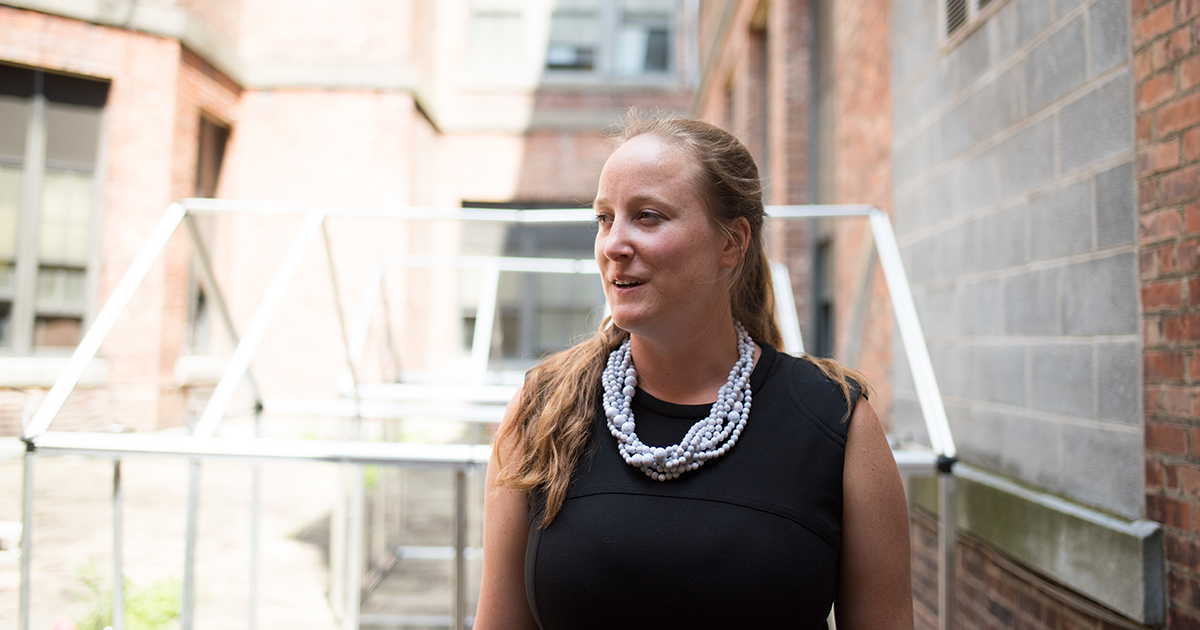Imagine learning a new profession and being connected to an expert in that profession: someone who can guide you through challenging situations, answer questions as you learn the craft, and inspire and empower you to make the greatest impact. This is exactly what high-quality teacher mentors provide in teacher preparation programs.
In teacher residencies, prospective teachers immersed in a classroom setting are paired with an experienced teacher of record for the entire school year. These teacher mentors demonstrate classroom management techniques, show what high-quality teaching looks like, and, importantly, support aspiring teachers with actionable feedback. According to the National Center for Teacher Residencies, “these expert teacher educators offer residents a living, breathing model for success.”
Researchers and administrators alike find a positive relationship between the effectiveness of new teachers and those who’ve had teacher mentors. “[Pre-service teachers] are more instructionally effective when they learn to teach with [certified teachers] who are more instructionally effective,” cited a recent study that appeared in the peer-reviewed journal Educational Researcher.
Chalkbeat reported on this and two other studies: “Three studies released [in 2018] offer real evidence that good teaching can be passed down, in a sense, from mentor-teacher to student-teacher. In several cases, they find that the performance of the student-teachers, once they have their own full-time classrooms, corresponds to the quality of the teacher they trained under.”
In the NYU Steinhardt Teacher Residency, each teacher resident has a teacher mentor with whom they work closely for the duration of the school year. NYU Steinhardt faculty partner with school districts and charter networks to recruit and coach teacher mentors who are content experts and willing to dedicate significant time to prepare a new generation of teachers.
We spoke with two current NYU Steinhardt residents to learn more about how teacher mentors make a difference in their preparation.
What is one of the most helpful aspects of having a teacher mentor?
Xin Rong Yeo (San Francisco, CA): Most important is this healthy relationship between a student-teacher and teacher mentor, which offers a long-term investment of an understanding teacher to share and reflect on teaching strategies well beyond the student-teaching program.
Thomas Rende (Albany, NY): The gradual release into the whirlwind of teaching has allowed me to try to master each task. For instance, I was able to build [a] strong rapport with the students because my teacher [mentor] set up activities that allowed for circulating assistance and group work. This empowered me to feel confident in the material and created a level of respect with the students of what my role was in the classroom.
What have you learned from your teacher mentor?
Xin: I have learned from him myriad classroom management tips, useful restorative practice approaches, the essence of teaching, and amazing pedagogical ideas.
Thomas: One thing that I have certainly learned from my teacher mentor is student discipline. I am not nearly on his level, but his presence, word choice, and tone are things I’ve started to attempt to emulate. His command of the room, clarity of instruction, and repetition of examples are things that I’m continuing to retool for myself to use effectively as the lead instructor of the classroom.
How does having a teacher mentor help you become immersed in the school community?
Xin: As I am new to the United States, my mentor provided me with great insights into the local culture and diversity, which helped me understand more about my students’ backgrounds and the overall school community. My teacher mentor’s rich experiences in education have inspired me to design engaging, relevant, and meaningful lessons for my students.
Thomas: My teacher mentor’s involvement with after-school activities has set an example of what I would like to eventually do at Albany High School.
“Teaching mentors are key partners in the work we do with residents,” said Dr. Nada Ahmed, director of Field Studies and co-director of the Teacher Residency. “Teacher mentors work to build a shared space of mutual trust and they guide residents to navigate and problem solve, build relationships with students and families, and help to develop their unique teacher presence. To open up your classroom and share your practice helps guide residents to find and develop their unique teacher voice and stance.”
Dr. Ahmed underscored feedback as the cornerstone of the teacher-mentor/resident relationship: “Teacher mentors create space and time for shared conversations and provide feedback around planning, assessment, teaching, and learning. This allows for discourse that pushes for reflection and inquiry.”
To learn more about the teacher mentor model and immersive structure of the NYU Steinhardt Teacher Residency, reach out to our enrollment specialists.
